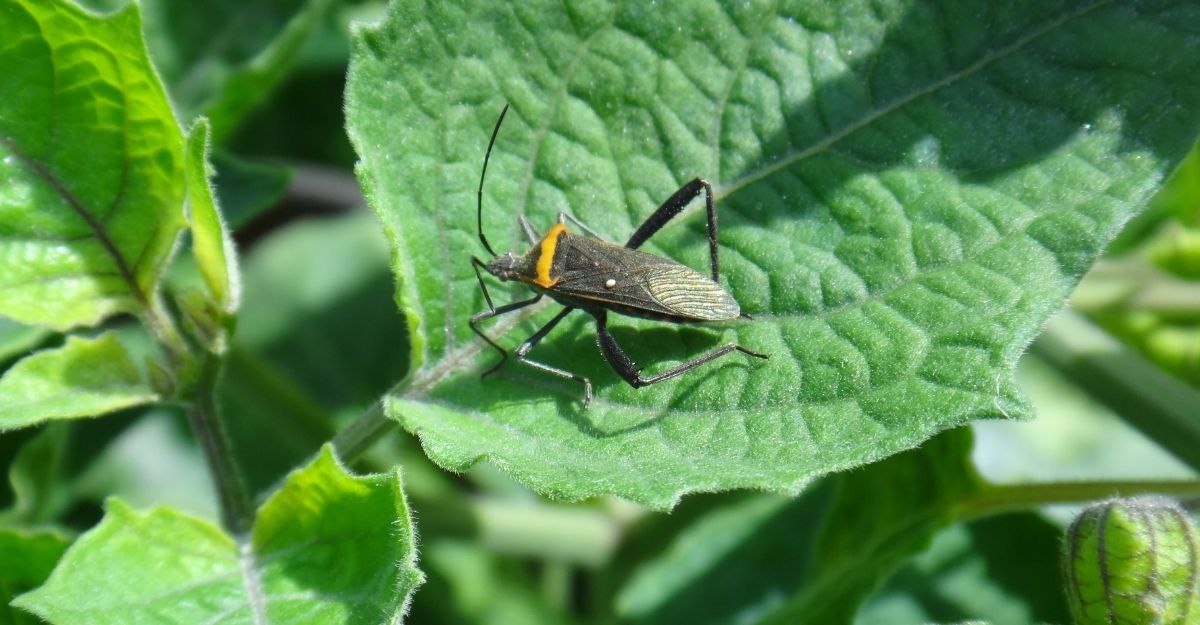Figuring out exactly how to eliminate household plant bugs is very frustrating, and yes, it is often tough to manage houseplant pests. In this post, I will show you how to determine the most typical pests. One of the biggest frustrations an indoor gardener can face is finding bugs on a beloved houseplant. Next, you will discover ways to eliminate bugs on houseplants inherently, and also bring some suggestions for how you can keep bugs off from household plants, for good.
There’s a reason we call them bugs, especially when it comes to plants. Annoying little insects that live and feed on the leaves of your plants, and they can do serious harm, too.
Continued access to nature, according to a study published by researchers from the University of Washington, can help relieve stress, enhance sleep, and lead to greater happiness and life satisfaction. And while camping trips and long walks in the park are wonderful ways to feel linked with nature, it can be a much simpler way to integrate greenery into your everyday routine by taking care of houseplants.
While spiders, cockroaches, and ants may occasionally inhabit houseplants, especially those placed outdoors, feeding on plant material is unlikely for these pests. Spiders are known to feed on plant-eating insects that cause greenery damage. Instead, there are a variety of lesser-known pests that, if not handled in time, may cause serious harm to your houseplants, such as yellowing, wilting, and stunted growth.
1. Oil spray insecticide
A homemade insecticide made out of vegetable oil combined with a mild soap can have a devastating impact on some troublesome insects, like aphids, thrips, mites, and more. The oil coats the bugs’ bodies, successfully suffocating them because it blocks the skin pores whereby they breathe.
2. Soap spray insecticide
A similar homemade pesticide to the oil spray is a detergent squirt, which is also useful for managing mites, beetles, whiteflies, aphids, and other hungry small bugs. To produce a simple soap spray insecticide, mix one and one-half teaspoons associated with a little liquid detergent with a single quart of drinking water, then spray the combination on the crops’ infected surfaces. A soap spray insecticide operates similarly as a cream spray pesticide and may be used as needed.
3. Neem oil insecticide
Neem oil is eco-friendly and is nontoxic to other wildlife, fish, birds, and pets, works well against a wide variety of typical bugs, and is a pure fungicide that could fight powdery mildew along with other fungal infections on vegetation. To use neem engine oil being an insecticide, either does as instructed on the bottle or begin with a primary blend of 2 teaspoons neem oil along with one teaspoon of delicate liquid soap shaken completely with one quart of water, after which sprayed on the impacted plant. Neem oil may also be worn preventatively by spraying plant life’s greenery typically wasted by insects before they are essentially infested.
4. Garlic insecticide spray
Garlic is famous for the pungent aroma of its. It is delectable to some but repellent to others, and also, it’s this strong fragrance which comes into play when utilized as a pure insecticide. It is not necessarily clear if chile spray and garlic spray are insecticides or are more likely insect repellents. Still, in either case, these typical kitchen ingredients could be utilized to knock down, or perhaps knock away, insect infestations within the garden.
5. Sprinkling with herbal water
Sage, thyme, basil, rosemary, lime, rue, and lavender essential oils repel some insects. To produce a mist, drink broken leaves or cuttings and drink overnight in a bucket of water. Or dilute the necessary water obtained from the supermarket. These herbs can also be cultivated to detract mosquitoes in your yard.
6. Sprinkling of beer
Mix 1 to 2 cups of isopropyl alcohol in one-quarter of water to create a solution. The approach repels household and tropical vegetation insects.
7. Cigarettes
To repel leaf-chewing insects, take 1 cup of snuffy dried tobacco leaves and one-fourth of a teaspoon of soap into 1 gallon of warm water and make nicotine tea. Spread the mixture immediately on the leaves after 30 minutes.
8. Pepper
Spread the plants with a solution of 2 teaspoons of red pepper, 6 drops of dish soap, and 1 gallon of water. It also functions that they include cappuccin, which repels spider mites and other insects. Black popper, pepper, ginger, and paprika work.
Conclusion
These are some of the tips and tricks that you need to keep in mind and follow so that you can get rid of the bugs on the plants in a natural way. If these tips are not working, you can call pest control professionals to get rid of these bugs.

